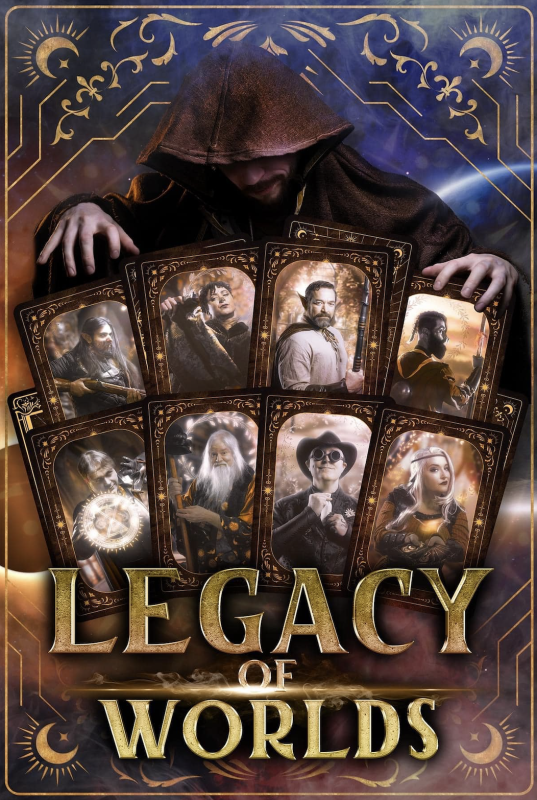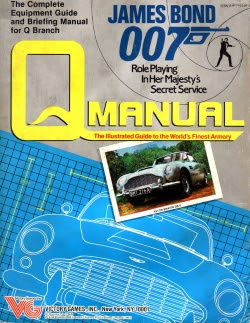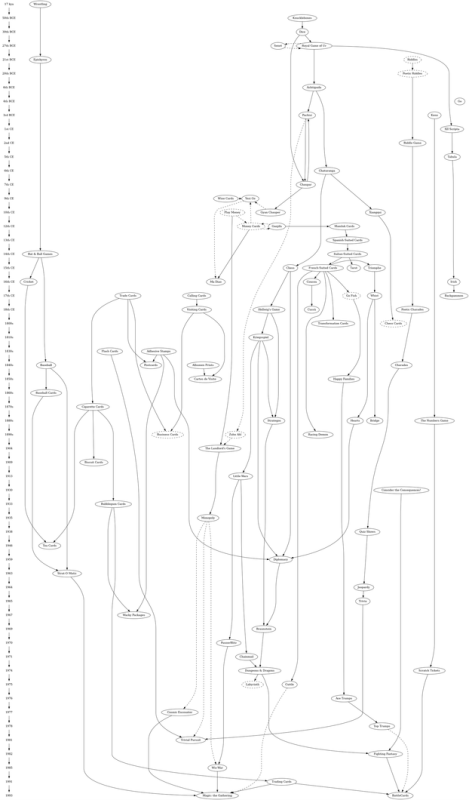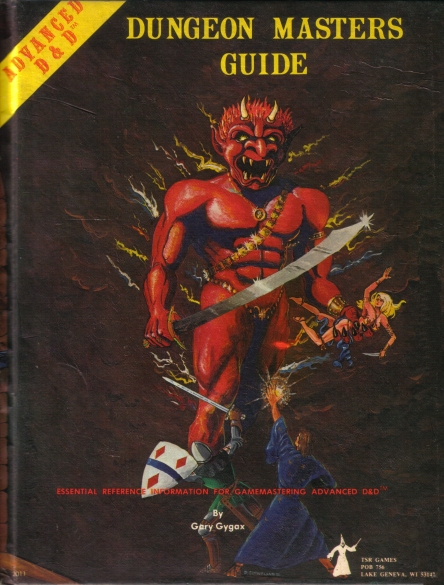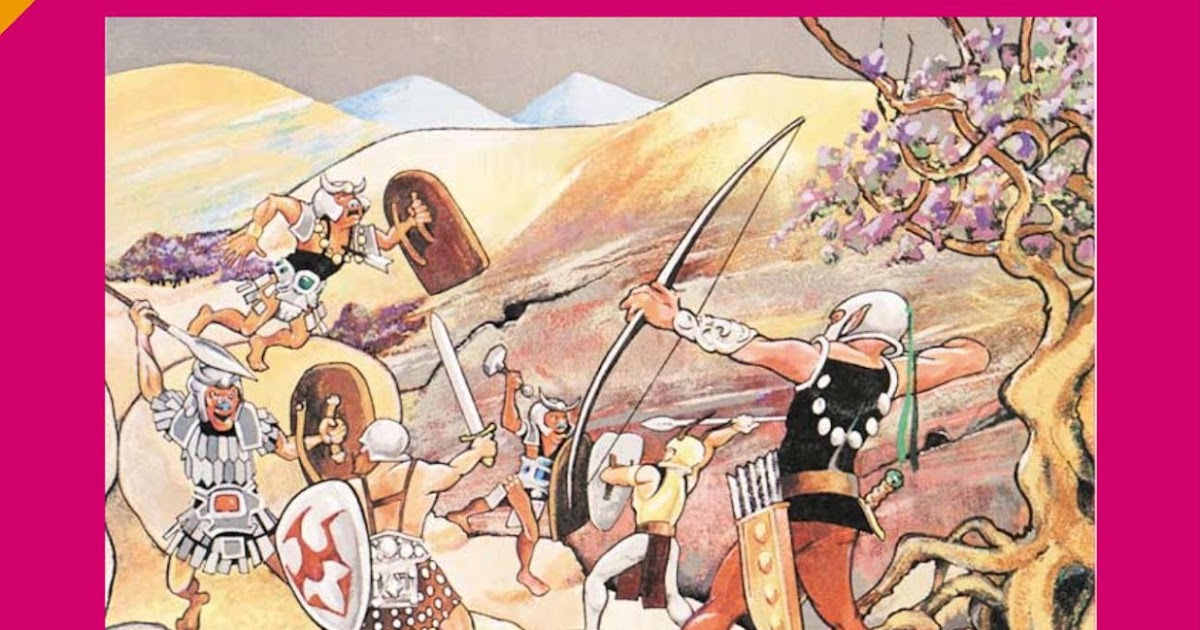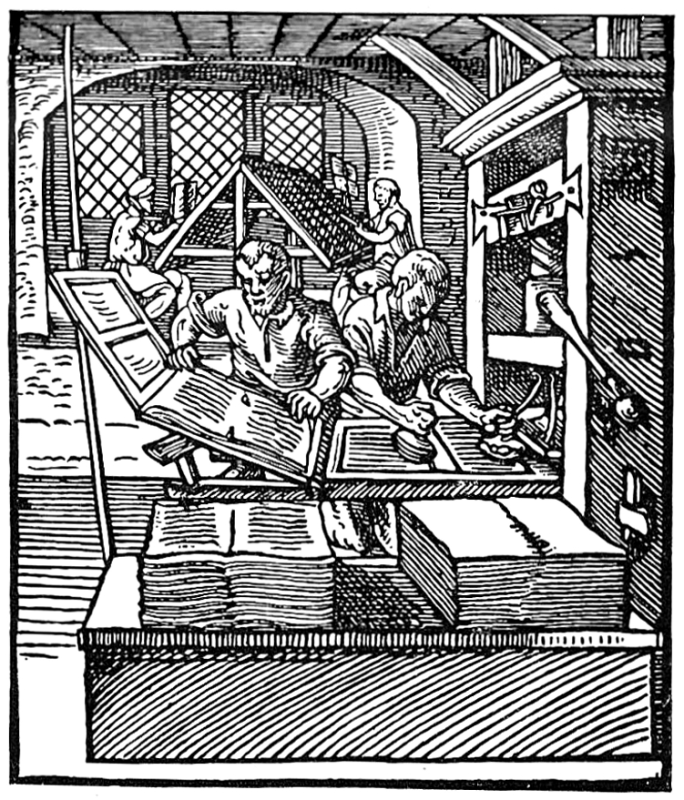SMOOSH JUICE
Why is Game Mastering Easier Than Storytelling?
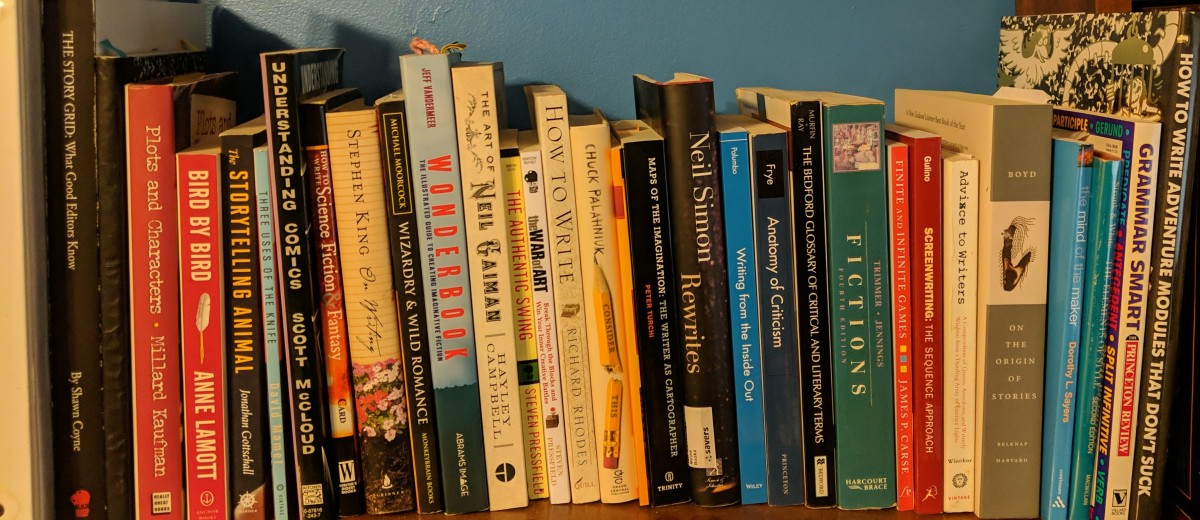
I have long been convinced that the “tell a story” approach to game mastering produces a less enjoyable experience than simply running the game.
I’m not talking about “story games” or narrativist games like Apocalypse World. Those games, ironically, are designed so that you can’t create a story before you sit down to play the way “storytelling” game masters do in conventional RPGs.
The “storytelling” approach is when the GM creates a series of encounters or adventures to tell a specific story. The GM will do what ever is necessary to make sure that story is what the players get, even if the consequences of player’s choices, the dice, or the rules of the game would logically divert from that plot.
That approach is faulty. It often fails to produce a good gaming experience, requires skills most game masters don’t have, turns the game into an interactive narrative, and is a great deal of work.
I see nothing but downsides.
There is a different way that has none of those downsides and is much easier to learn and execute.
Using the approach that I and many others recommend, a game master can do less preparation, have fewer problems during play at the table, and reduce burnout while still running a fun and engaging game.
You may be happy telling your story. The players in your group are excited to fulfill the roles that you assign them and the plots you create for them.
I’m suggesting that there’s are easier and more effective methods to run a game. If you are open to that idea, read on.
Online gaming discourse uses a lot of vague and muddy language.
Let’s start by separating the concepts of storytelling and story-creating. Distinguishing between storytelling and story-creating will help make clear what I’m getting at.
Story-creation and Storytelling are not the same thing
Donna Washington is a master storyteller.
She didn’t create the story of Brer Fox trying to trap Brer Rabbit. It’s an old folktale from African American culture. It was created a long time ago.
She told the story.
In every day conversation, we use the term “storytelling” for both story-creating and storytelling.
In practice, story-creating and storytelling are not one thing called “storytelling.” They are two different skill sets.
Game masters use some of the skills of the storyteller (especially oral storytellers like Ms. Washington) to communicate the situation and the outcomes of player choices.
Game masters have to create a story when they design an adventure or campaign. That story is the story of what happens before the player characters show up. It’s the backstory of the dungeon or the murder they are trying to solve.
The kind of story-creating that I don’t like is creating the story of the player characters.
Story-creating is hard
We’re drowning in stories on streaming networks, e-book readers, and YouTube. Most of those stories are mediocre or downright terrible.
Even for story-creators who devote all their spare time to learning and practicing the craft, it’s hard to learn and harder to execute.
If story-creating was easy and intuitive, there wouldn’t be a lucrative market for the thousands of books, courses, conferences, and seminars on the topic.
Most game masters do not devote themselves to learning the structures, sequences, and techniques of effective story-creating the way an aspiring author or screenwriter does.
If they paid attention in literature class, read much, or watched a lot of movies; a GM will have an intuitive sense and basic understanding of story. That’s good enough for the kind of game mastering I recommend but not nearly what you need to be a competent story-creator building a complex narrative.
Fortunately, only the bare basics of story-creating are required for a game master to produce good games.
Story-creators’ choices are limited by their stories
Story-creators craft stories by making deliberate choices about what happens in every scene. If the story-creator makes the wrong choice, the story won’t pay off.
Story-creators are constrained in their choices by the genre and central conflict of story they are creating. If certain scenes do not occur in a particular sequence, their story will be confusing, incoherent, and not meet the expectations of the audience.
If Hans Gruber slipped on a banana peal and fell to his death from Nakatomi Tower, we would not have 24 hour Die Hard marathons every Christmas.
McClane had to kill most of the terrorists himself. John McClane had to shoot Hans. Hans had to go through the window taking Holly with him to the edge. John had to save her by slipping off the expensive watch that her boss had given her.
Those events had to happen the way they happened or the story wouldn’t be so gripping. The writers could have made Hans’ death scene a simple shot to the head. That would have been a satisfying climax but the shot of John slipping the watch off Holly’s arm and the look on Hans’ face as he plummets to his death amplified the emotional punch of the moment.
Most story-creating game masters don’t know these properties of story because they haven’t studied them. Since they don’t know they exist, they haven’t put in the time to develop them in their adventures and campaigns. The result is incoherent, or emotionally flat plotlines that players find unsatisfying.
Story-creators must know their theme
The theme impacts every part of a story. Theme is the core idea of the story. It’s the idea that all the characters, their choices, and the outcomes of those choices point to.
Some story-creators have a theme before they start. Others discover it as they go. One way or another, the story must have a theme or it’ll be a mess.
As soon as the story-creator recognizes, “My story is about…” every element of the story gets run through that filter. Does this connect to the theme?
When a story-creator revises their rough draft, anything that doesn’t fit or undermines the theme must be fixed or cut.
In Return of the Jedi, Luke makes the choice not to kill his father. Luke’s choice defeats the Emperor. He overcomes the hatred of the emperor by appealing to the tiny flame of goodness still left in Vader.
George Lucas and Lawrence Kasdan could have decided to have Luke kill Vader and fight the emperor in an epic light sabre duel. That might have been an awesome cinematic spectacle but it would have also undermined the theme of “reconciliation and redemption is possible through love.”
If Return of the Jedi was a game scenario, the player in the role of Luke Skywalker could choose to accept the offer that Palpatine makes after Luke cuts off Vader’s hand. Player Character Luke could stick dear old Dad in the gut with his light sabre, take Vader’s place at Palpatine’s side, and sell out his pals fighting for their lives on Endor.
That could go in some exciting directions. Leia escapes the Endor Massacre because the rest of the party sacrifice themselves to save her. She becomes the chosen one who brings balance to the Force in a final climatic battle with her brother.
In a game scenario, it could turn out that way. Not because that was the plot, or it was a cool idea. The players make choices. The rules and the dice decide unless there is no rule and then the GM is on the spot.
The players in a RPG are usually not constrained by theme like a story-creator. The exceptions happen when you are playing in a very specific genre or setting like Call of Cthulu. CoC requires the themes of cosmic horror stories for the game to deliver the experience of being inside of a Lovecraft story.
The game master can influence the emergent theme of a campaign. To insert a theme into a conventional RPG campaign, the game master creates NPCs (their actions, their values, their beliefs), and the problems the campaign world to express the negative side of the theme.
However, the players choose how they interact with those NPCs and problems. They may decide to do something that doesn’t fit that theme causing a different theme to emerge from that interaction.
Sticking to the story means taking away player choice
For the story-creating GM, every encounter must have the exact outcome they’ve decided or it won’t produce their story.
In order to do that, they’ll have to use some trickery to alter the consequences of player choices without letting the players know that’s what happened.
Some common methods are to fudge the dice, changing some element of a monster’s statblock to make the outcome of a combat encounter turn out the way the GM has plotted it, and railroading. These techniques are often unavoidable if GM wants to tell their story to the players.
Since the players don’t know “the story” before it is played out, they’ll make choices that undermine some part of the GM’s plot or theme. Since dice results are random they can’t be relied on to produce the precise outcome the game master needs.
The game master need not do that if they aren’t creating a story.
The story-creating method turns a game into an interactive narrative
Since the GM must alter the logical consequences of player choice and the results of the dice to achieve their story the most basic property of what makes a game a game is annihilated.
Fundamentally, a game has no preset outcome. There’s no point in playing if you already know the result.
The story-creating GM must abandon this basic premise in order to tell their story. That converts what is supposed to be a game into an interactive narrative.
Even if the GM allows for several branching storylines and possible endings like a “choose your own adventure” book or some computer RPGs, it remains an interactive narrative.
Most players would prefer to make an informed choice as to whether we are playing a game with an unknown outcome or interacting with a narrative that has only a few possible outcomes.
Just run the game
Here is what I do.
I select or create an adventure scenario I think players will find interesting. At the table, I tell the players the situation. They tell me what they want to do. I apply rules, roll dice, or make a fair ruling. I tell the players the outcome and they respond with their next choice.
Those are the basic tasks that any game master has when running a game.
What I don’t do are all the things a story-creating GM must do to make sure the players enact their story.
I don’t plot out a sequence of encounters to create the specific story I want to tell because I’m not trying to tell the story of the player characters.
I don’t manipulate encounters or outcomes of encounters to make sure the players follow the plot because I don’t have one.
I don’t mask dice fudging to make players think that they actually won the encounter, because I don’t fudge the dice.
That’s a lot less work than the story-creating GM does and requires a much lower baseline of skill to apply a rule or make a ruling based on logic and common sense.
Doing less reduces GM burnout
A lot of game masters get burnout. I suspect that the story-creating GMs are more susceptible to this than the GMs who just run a game.
A GM will get frustrated when they’ve spent a lot of time and energy creating a story that players keep upending with their choices.
That frustration saps a GMs motivation. Eventually, when their effort doesn’t seem to produce the vision they have in their head for how things are supposed to go, they give up.
It isn’t working. It’s never going to work. The GM gets burned out.
Sadly, some of those GMs quit the hobby altogether.
I still have a lot to do but not so much that I feel overwhelmed or exhausted by being the game master.
I also don’t get frustrated that the players are wrecking my story with their damned player agency because I don’t have a story.
You don’t have to tell a story to run a fun game
You can run a fun game even if you aren’t a skilled story-creator.
You can do it without the toil the story-creator must go through. You can do it without the limitations that a plotline or theme place on the story-creator. You can base your decisions about the NPCs, setting, and challenges on a theme but you don’t have to.
That will lead to a far more surprising, exciting, and engaging game than any story you could construct.
Just playing the game will create the a story for you. It creates a story the same way just living life does.
Think of that story as the memoir of the player characters.
Paradoxically, that story is likely to be far more exciting than any scripted, plotted, adventure the major publishers in the game industry produce.
Another paradox is that creating and running adventures this way may actually teach you to intuitively recognize what makes up a good story. You’ll might learn why some of the best stories that come from playing RPGs are the ones that emerge from letting the players, the rules, and the dice decide what happens.

